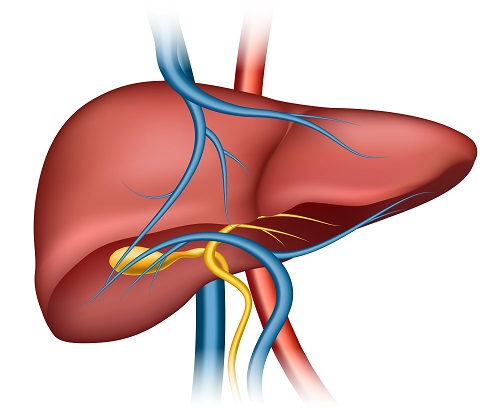Acute liver failure occurs when the liver’s ability to function is suddenly lost. More commonly, liver failure occurs gradually over time. However, in acute liver failure, liver failure appears within a few days.
As a healthcare provider, we are in active contact with Fortis Hospitals to facilitate a successful liver transplant plan for international patients
Symptoms of liver failure
The initial symptoms of liver failure can be caused by many conditions. For this reason, it can be difficult to diagnose liver failure at first. Early symptoms include the following
Nausea
Anorexia
Exhaustion
Diarrhea
However, as liver failure progresses, symptoms become more serious and require urgent care. These symptoms include
Jaundice
Bleeding easily
Flatulence
Confusion or mental disorientation (known as hepatic encephalopathy)
Drowsiness
Coma
dapibus leo.
Causes of acute liver failure
Hepatitis b
Hepatitis c
Prolonged alcohol consumption
Cirrhosis
Hemochromatosis (a genetic disorder that causes the body to absorb and store too much iron)
Malnutrition
Acetaminophen (Tylenol) overdose
Viruses including hepatitis A, B, and C (especially in children)
Reactions to some prescribed medications and herbs
Eating poisonous wild mushrooms
Hepatic failure treatment
Acute liver failure caused by an acetaminophen overdose can sometimes be treated and reversed if diagnosed in time. Along the same lines, supportive care may be provided in the hospital if the virus causes the liver to fail to treat the symptoms until the infection has run its course. The liver may sometimes heal in these cases.
The primary treatment goal for liver failure due to long-term degeneration can be to preserve the portion of the liver that is still functioning. Liver transplantation is necessary if this is not possible. Fortunately, liver transplantation is a routine treatment with a high success rate. Max Hospital is one of the best liver transplant hospitals in India.
Other conditions and treatments
Alcoholic liver disease
Hepatitis A
Hepatitis B virus
Hepatitis C
cirrhosis of the liver
Liver Cancer
Approach to the management of liver disease
Tips for maintaining a healthy liver and a healthy lifestyle:
